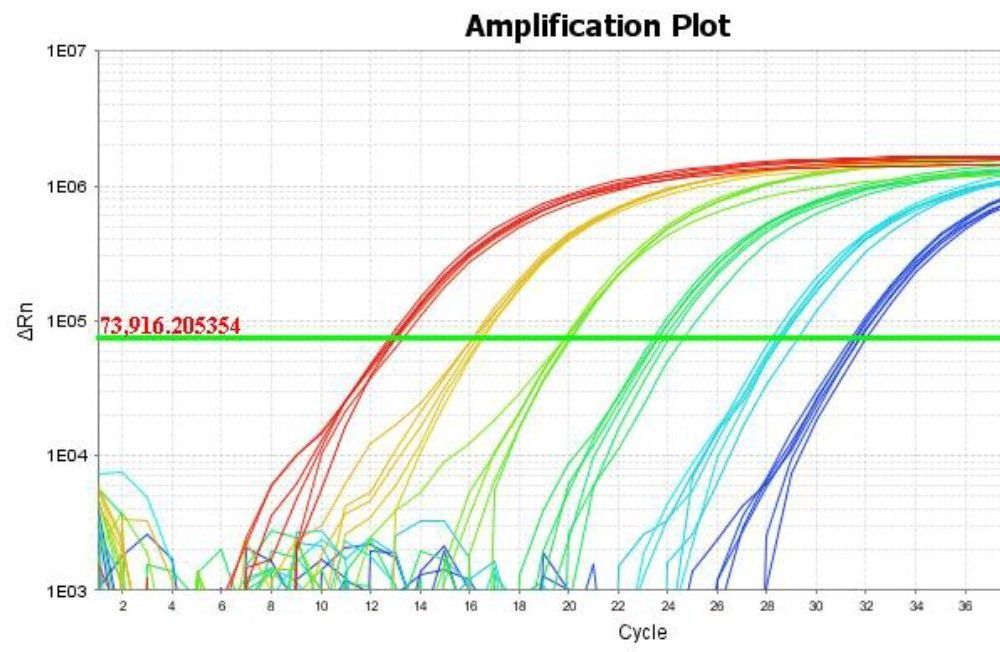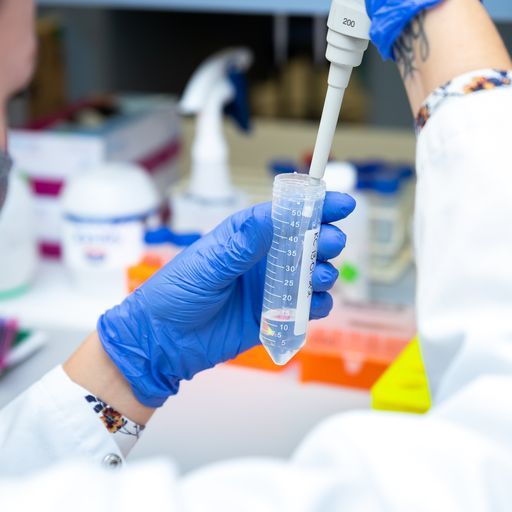National eDNA Reference Centre
EcoDNA is recognised as Australia's National eDNA Reference Centre to validate, maintain and optimise assays and protocols to provide high quality standards for the application of environmental DNA technology in Australia, New Zealand and the Asia‑Pacific region.
The National eDNA Reference Centre is a national leader and coordinator for applications for eDNA for biosecurity and environmental monitoring. We design, test, and validate species-specific and multi-species assays contextual to their intended application. We uphold stringent measures of control and high-quality standards.
Protecting Australian borders
The Centre has a wide range of validated assays designed to detect high priority pest species to Australian biosecurity, including khapra beetle, yellow crazy ants, spongy moth, brown marmorated stink bugs and varroa mites. These assays are currently being used by the Australian Department of Agriculture, Fisheries and Forestry to protect Australian borders, primary resources, and environments.
Protecting our natural environments
The Centre has validated methods to assess the presence of native and invasive species in natural environments. These assays have been used to confirm re-introduction efforts of the highly endangered corroboree frog, monitor spawning activity of the endangered Macquarie perch, assess the habitat range of the endangered giant crayfish in Tasmania, prevent the further spread of the invasive redfin perch in New South Wales, and complement invasive carp eradication efforts in Tasmania.
Aims of the National eDNA Reference Centre
The Centre employs scientific staff recognised as experts in eDNA sampling and testing for both research and laboratory services.
The Centre administers a network of eDNA Collaboration Centres across the private/public laboratory sectors.
The Centre facilitates standardisation of eDNA sampling and testing techniques relevant to the specified target species, including maintenance of the Environmental DNA Test Validation Guidelines, and Environmental DNA development guide for biomonitoring.
The Centre coordinates, conducts and administers research to develop, evaluate and validate new eDNA/eRNA sampling protocols and tests for specified target species.
The Centre evaluates, updates, approves and publishes reports for the validation of eDNA tests in accordance with the Environmental DNA Test Validation Guidelines.
The Centre evaluates, updates, approves and publishes Standard Operating Procedures and Environmental Test Protocols for the sampling, identification, control and exclusion testing of specified target species.
The Centre can provide operational support (including implementation, training, sampling, testing and confirmatory testing services) to private and public stakeholders, and laboratory personnel in Australian and international partner laboratories.
The National eDNA Reference Centre manages the Proficiency Testing Scheme for eDNA applications.





